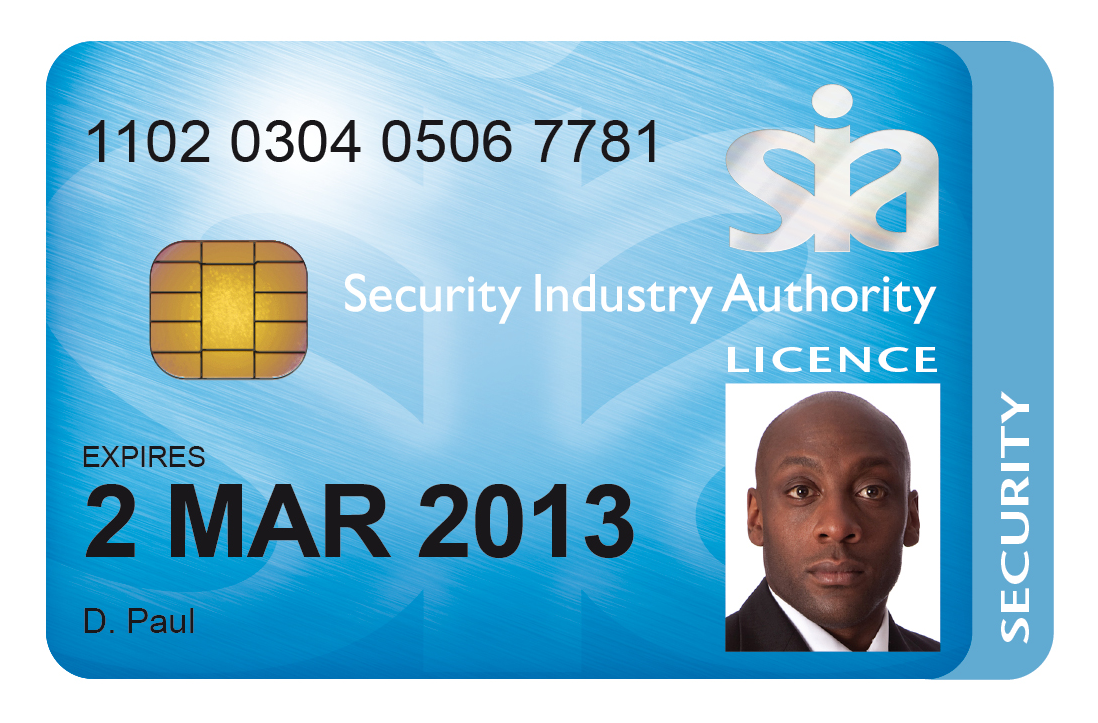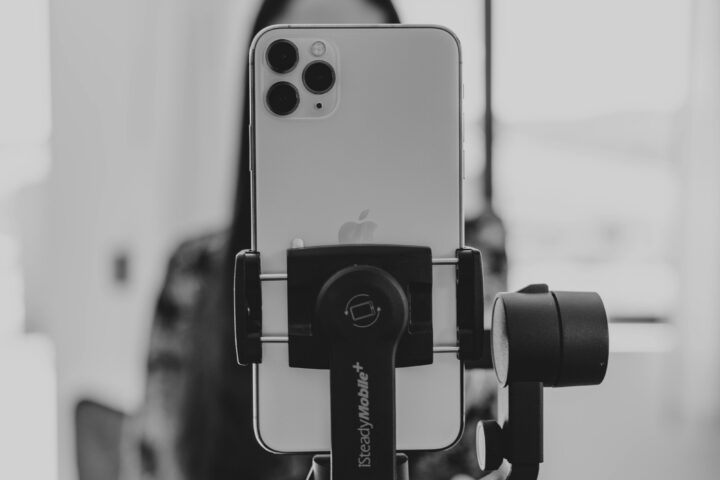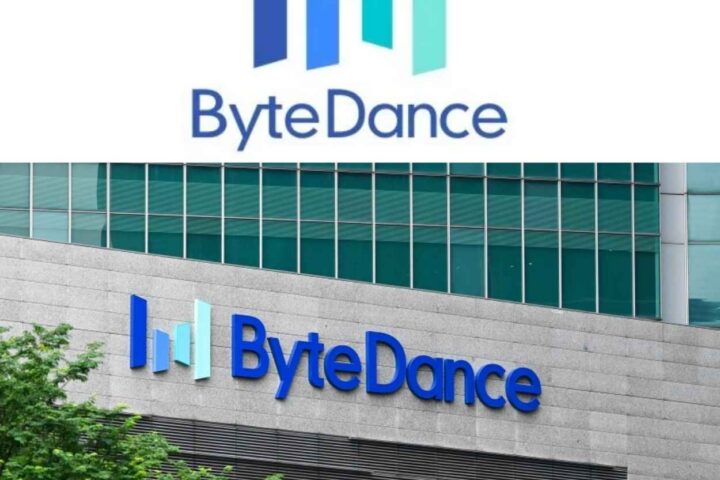The security industry is only eligible for the SIA (Security Industry Authority) license. It guarantees that anyone assuming a safety position has received the training to carry out their duties appropriately. Also, it means they are fully equipped to deal with the realities of working in a given social situation.
Taking on contract work without a valid SIA license is illegal, and those found guilty face fines or jail time of up to £5,000 or both. Any person or safety-related firm must have a Security Industry Authority (SIA) license before engaging in certain operations inside the security industry.
The SIA license covers key custody, car suspension, personal assistance, cash and goods in transportation, staffed guarding, private guarding, entrance supervision, and CCTV monitoring in public areas. Keep reading to learn about what SIA is all about.
What exactly is SIA?
Before granting someone an SIA license, the SIA must determine that they have the necessary training and qualifications for the work.
The SIA is in charge of licensing and regulating the security team. It increased public safety by ensuring the staff obtained the necessary credentials properly and finished security checks.
Figuring out the role’s activity and the work done or whether a license is required is up to you. If your position or practice puts you in direct contact with any safety industry, you must have an SIA license. Operating without a license is a crime that carries a possible six-month prison sentence for those who are found guilty.
Describing the Private Security Sector
Every business or personal service offered without government monitoring is called private security. The private security sector has grown significantly during the past several years. Generally, the employment of security officers, alarm tracking systems, and in-house security professionals are the three broad categories that make up private safety concerns.
The prime reason for the private security sector’s expansion has been the business contracting of routine operations that previously fell under the responsibility of governmental agencies like law enforcement.
Executive protection and shopping center security are both now included in armed contractors. Due to the blending of organizational and national protections, the private security sector has come under fire as a hidden law enforcement community.
Who is required to have an SIA license?
Anyone who provides security agencies would be considered to require an SIA license. It’s important to remember that you are not lawfully forced to hold an SIA license if you are not employed as a security agent. For instance, you won’t require an SIA license if your industry’s primary duty is to manage keys or engage in other non-security-related events.
Although you do not need an SIA license, possessing one is still beneficial because it will give you proof of legitimacy within the field. You must obtain an SIA license for any positions, including key holding or door monitoring. Still, you must follow additional general guidelines if you operate as a security guard.
What to expect in applying for this license?
When applying, you will be questioned regarding your psychological health and need to answer questions concerning problems like tension, depression, or anxiety. The SIA may also ask your medical practitioner in charge of your care for a statement if you are currently receiving help for a mental issue.
Possessing a mental health condition won’t hinder you from getting an SIA license. Still, because of the demands of your job, being in difficult conditions, and having to interact with the public, the SIA needs to make sure you can handle the job.
During an SIA training program, what will you discover?
For the gate monitoring course, the defined modules for the SIA training consist typically of the following:
- Common SIA module
- Door surveillance
- Conflict resolution
- A physical action
Those courses are divided into sections that address particular duties, such as security monitoring, the transportation of money and goods, close safety, and the observation of public spaces using CCTV. You’ll also pick up other useful abilities important to operating in the security industry, such as carrying out worksite police checkpoints and a body pat-down search.
While not all these abilities may be relevant to the position you seek to acquire, you must still succeed in each session to obtain your SIA license. You must still register for your SIA license when qualified; the certificate you receive due to your training session is not the license itself.
Do SIA licenses are offered without any charge?
The quick response is no. Generally, the entry fee for SIA licenses is £210 as of October 1, 2019. The registration cost is due at that time and is not refunded. You won’t receive your £210 back, even if your license application is denied. One license may not be enough for some people; in such circumstances, the extra licenses will be lowered by 50%.
Because of this, it’s important to carefully check that you meet all requirements for license qualification before submitting your application. If not, you can find yourself £210 in the hole without anything going for it.
Conclusion
Anyone who wishes to operate in the security sector must possess an SIA license. It guarantees that the business maintains its image and that all employees are reliable, trained, and fit for their jobs. The Security Business Authority manages its administration, which includes all aspects of the security field.
References:
https://www.venturesec.co.uk/latest-news/what-to-expect-when-going-for-your-sia-licence
https://www.workingthedoors.co.uk/blog/what-is-a-sia-licence/











